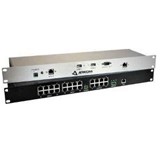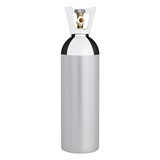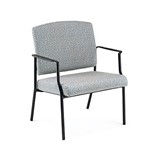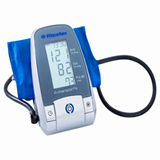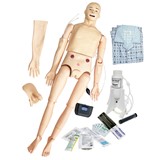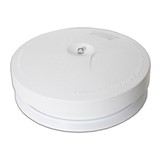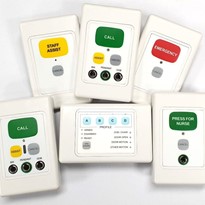One such technology is the wired nurse call and alarm system, which has become a must-have for modern healthcare facilities.
Wired nurse call and alarm systems provide a convenient and efficient way for patients to communicate with their caregivers. These systems allow patients to easily request assistance or notify staff of an urgent medical issue with the push of a button. In addition, wired nurse call and alarm systems can help healthcare facilities streamline their operations, reduce response times, and improve patient satisfaction.
By leveraging the power of advanced technology, investing in a wired nurse call system is a smart choice for any healthcare facility committed to providing high-quality care and improving patient outcomes. With our Arkom Nurse Call Systems, we understand the importance of seamless communication in healthcare settings. That’s why we’re dedicated to providing cutting-edge solutions that empower healthcare providers to deliver the attention and care their patients deserve in a timely and efficient manner.
Benefits of Wired Nurse Call Systems
Reliability:
Wired systems are generally more reliable than their wireless counterparts, due to the latter’s use of transceivers to receive and convert electrical signals into recognisable messages, rather than being directly connected via cabling.
Signals from wireless devices can always come across forms of interference from other electrically signalling devices and factors in the environment. Trust in the capacity for wireless systems to deliver 100% of the time can’t be guaranteed, in other words.
Wired systems, as a comparison, don’t suffer from this same issue, as a result of a direct connection with a system’s respective cable – lending itself to a connection free of disruptions, in so long as the cable stays free of wear-and-tear or damage to its ability to conduct electrical current. Under a long term perspective, in this case, wired variants provide a much better bang for your buck, as telecommunication cables trend toward comparatively longer lifespans.
Stability:
With wired systems, you don’t have to worry about signal strength or dead zones within your facility. Once installed, the wiring provides a stable connection for communication.
Security:
Wired systems are typically more secure than wireless ones because they are not susceptible to hacking or signal interception. This is particularly important when transmitting sensitive patient information or emergency alerts.
Scalability:
Wired systems can be easily expanded or modified as your facility grows or changes. Additional rooms or areas can be integrated into the system without concerns about signal range limitations.
Integration:
Wired systems can be integrated with other healthcare technology systems, such as electronic medical records (EMRs) or building management systems, to provide seamless communication and data sharing.
Durability:
Wiring components tend to be more durable than wireless devices, which can be prone to damage from environmental factors or accidents.
Maintenance:
While initial installation may require more effort, wired systems generally have lower ongoing maintenance needs compared to wireless systems, which may require battery replacements or troubleshooting for signal issues.
Regulatory Compliance:
Some healthcare regulations or standards may require wired nurse call systems for specific applications or facilities, ensuring compliance with regulatory requirements.
Additionally, according to the study, the wired nurse call and alarm systems segment is projected to account for the largest sales revenue share during the forecast period; this segment was estimated to account for around 58% of sales volume share in 2019. This indicates the preference for wired systems within the healthcare industry due to their reliability, security, and regulatory compliance, driving their continued dominance in the market.
Another way in which wired nurse call systems can increase patient engagement is by providing patients with greater control over their care. Patients can use the system to request specific services or medications or to ask for information about their condition or treatment options. This can help empower patients and make them more active participants in their care.
Set up your wired nurse call systems with Arkom Nurse Call Systems
The Arkom distributed Room Controller is a peer-to-peer nurse call controller system which consists of stand-alone nurse call units (Arkom HX), logging & reporting (Arkom GX) and Fire Interface (Arkom FX).
Our system is an Ethernet IP configuration and the networked units do not require a server or head-end.
The Arkom HX manages 16 physical inputs (or 32 latching dual inputs) and 24 outputs for Over-Door Lights, or other devices plus a display controller (annunciator). It can work as a networked set of HX units to manage local alarms and messages.
The system is capable of controlling up to 10 different independent zones, each with one or more display controllers. Each Arkom HX is assigned to a specific zone, so the address capability of the displays is not required.
Contact us today to learn more about Arkom Nurse Call Systems and how we can help you improve patient care.





